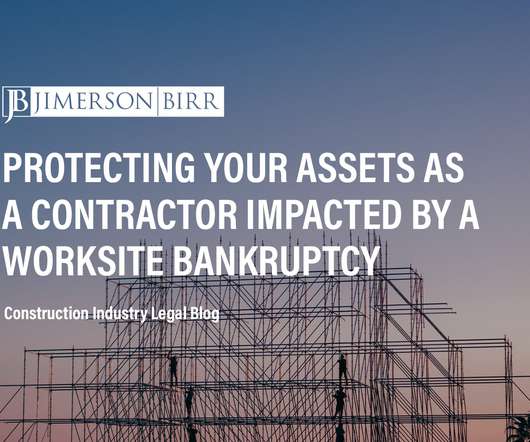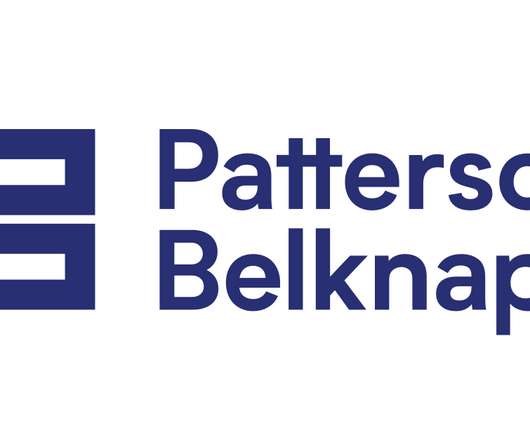What Should Construction Contractors Do When a Property Owner Files For Bankruptcy?
Jimerson Firm
FEBRUARY 11, 2022
A construction project to a screeching halt when a property owner files for bankruptcy, creating a serious risk of substantial losses for the contractor, as well as subcontractors and suppliers. The list of creditors receiving the Notice should include the general contractor of an incomplete construction project. See 11 U.S.C.












Let's personalize your content